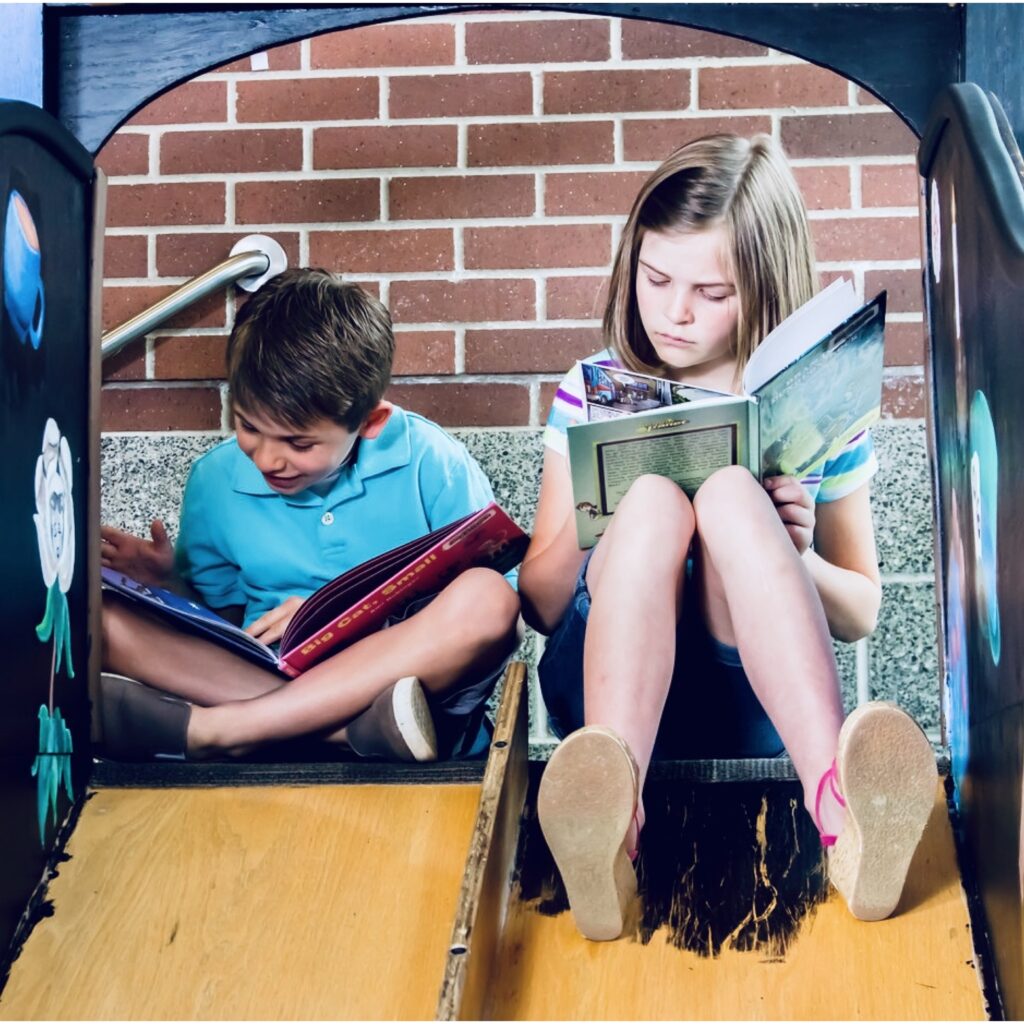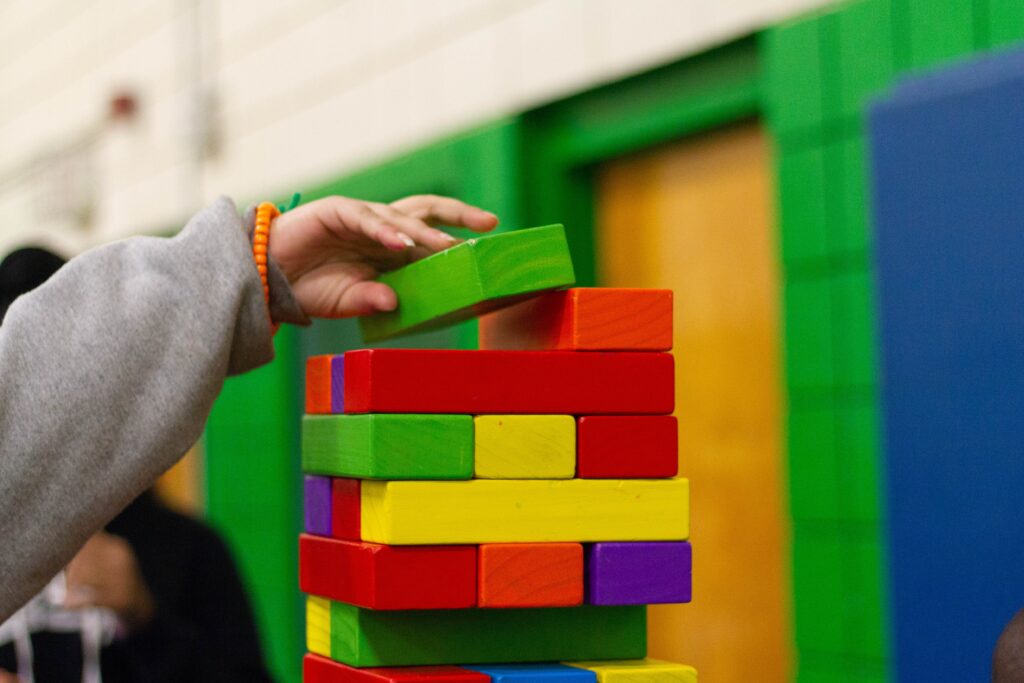Mike is in Primary 3 this year. Every day after school, he would take his favorite bus to go to primary 3 Chinese tuition. The center is located in Jordan and specializes in serving non-Chinese speaking students.
Today, his Chinese homework was to make sentences. There were two questions on the worksheet. The first question had to use the word “friendly”, and the second question had to use the words “busy” and “care”.
The tutor explained the words first, and then let Mike make up the sentences by himself. At the same time, the teacher was preparing another girl’s Chinese silent book for the next day. Mike stared at the two black lines in front of his eyes, holding a pencil, unable to start.
Why is it so difficult to make sentences? “I know the meaning of these words, but I don’t know how to put together a sentence.” Mike, who originally spoke fluent English, suddenly spoke intermittently.
(If you want to know more about Chinese learning, please feel free to click here!)
Too much, too much, too much dissatisfaction poured out all at once, like a pile of colorful building blocks, and he couldn’t find the shape he wanted.

“I hate dictation,” he said. Over the years he had learned many words, but he never knew how to use them. “I hate Chinese,” he said. Strange structure, rote memorization of homework once, meeting the same sentence three months later, is like a stranger.
Since entering primary 3 Chinese tuition for 1 year, he often gets “A” grades in homework, but he always thought it was “B” grades.
For five years, every Monday to Friday, Mike has spent an hour and a half at the tuition center every day. He remembers that when he was still in kindergarten, he sang songs and read stories in the tuition center, and he did learn a lot of Chinese.
Later, when he entered elementary school, the one-and-a-half hour tutoring time was usually only enough for him to complete his homework, and sometimes he could barely read a few pages of storybooks.
Mike thinks that instead of preparing silent books and doing homework, it is better to spend more time learning Chinese. “But I know that silent reading is very important. Parents ask tutoring teachers like this.”
If you had three wishes to change the school and make you happier in school, what would you do? “I love primary 3 Chinese tuition! Sports days and travel days are my favorite,” Mike said. When he goes to school on weekdays, he looks forward to the break most, running around the campus and playing with his classmates
In class, Mike also has favorite activities. For example, he can play Scrabble on the whiteboard in English class, and he can raise his hands to answer questions in math class, and strive for opportunities to solve problems on the whiteboard. “Only in the Chinese hall, I can only sit in a daze.”
“I think one wish is enough.” Mike said suddenly, “No more Chinese homework, dictation, quizzes, and exams.” He was promoted to primary two last year, and he had already complained to his parents that he didn’t want to learn Chinese.
“They ignored it. Is it normal? Adults usually ignore children’s complaints.”
“I don’t want my son to face the same difficulties in life as I do in the future,” said Anjali, who is Mike’s mother. As a child, she grew up and studied in Nepal to gain professional qualifications.
After coming to Hong Kong, due to language problems, she can only work in the catering industry, and her husband is currently a construction worker. “If we know how to speak Chinese, others will look at us differently, and we can get more opportunities.”

She believes that Mike was born and raised in Hong Kong, so he needs to learn Chinese well and understand the local culture.
Anjali has always been nervous about Mike’s studies, but she couldn’t help him with his Chinese, which he needs help most. She used to find private tutoring for Mike, but the tuition was too expensive to afford.
Through word of mouth, she learned from relatives that an education center was dedicated to serving non-Chinese speaking students, and that it was a charity organization with affordable fees. As if she had found a treasure, she immediately took Mike, who was still in kindergarten at the time, to sign up.
The Integrated Brilliant Education Center (Integrated Brilliant Education Center) was founded by an Indian couple. They found that the social welfare institutions provided insufficient learning support for ethnic minorities.
The children had to go to school every day, but the homework tutoring class was only two days a week. Six years ago, the couple founded a tutoring center with their own funds, providing non-Chinese speaking students with homework tutoring classes five days a week, with a teacher-student ratio as low as one to three or four.
The monthly tuition fee is 1,000 yuan, which is half of the average tuition fee.
In the first month of establishment, there were only eight students in the center; after two months, the number of students increased to thirty. Two years later, the center is providing homework assistance to 80 students every day. The founders, Geetanjali and Manoj, sometimes serve as volunteer teachers and hire part-time teachers.
They also offer Chinese classes on Saturdays, hoping that students will have more class hours to improve their Chinese proficiency.
Paying 1,000 yuan a month is an expense for Anjali, but she knows it is well spent. “Mike likes to go to the tutoring center. He said that the teachers are friendly and enthusiastic. After attending the remedial class, his Chinese writing has improved.”
However, the improvement does not mean that he is interested. Mike’s motivation to learn Chinese is still very low, and Anjali is helpless. .
Not long after Mike was born, Anjali chose English as the “mother tongue” of the family, hoping to help the child use it in school in the future. “Among the Nepalese parents I know, even though everyone wants their children to learn Chinese well, most of them will not send their children to Chinese schools.
They are worried that they will not be able to help their children with revision in the future.” As a result, many children start attending English schools from kindergarten .
Take Mike as an example. Most of the friends and teachers he met at school are also from ethnic minorities, and they communicate in English in daily communication.
Only primary 3 Chinese tuition class can let your children win at the starting line, don’t hesitate, come on!













